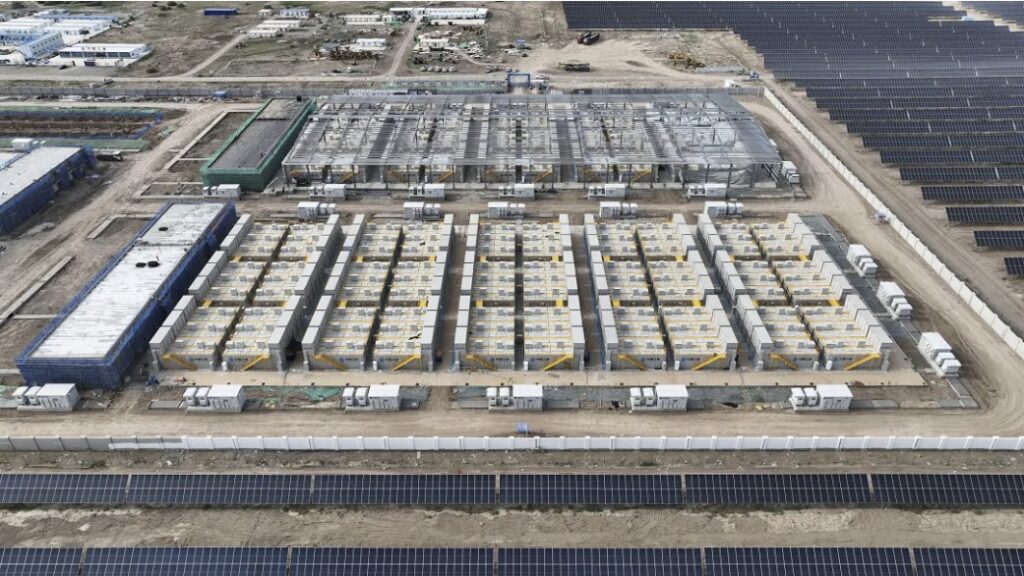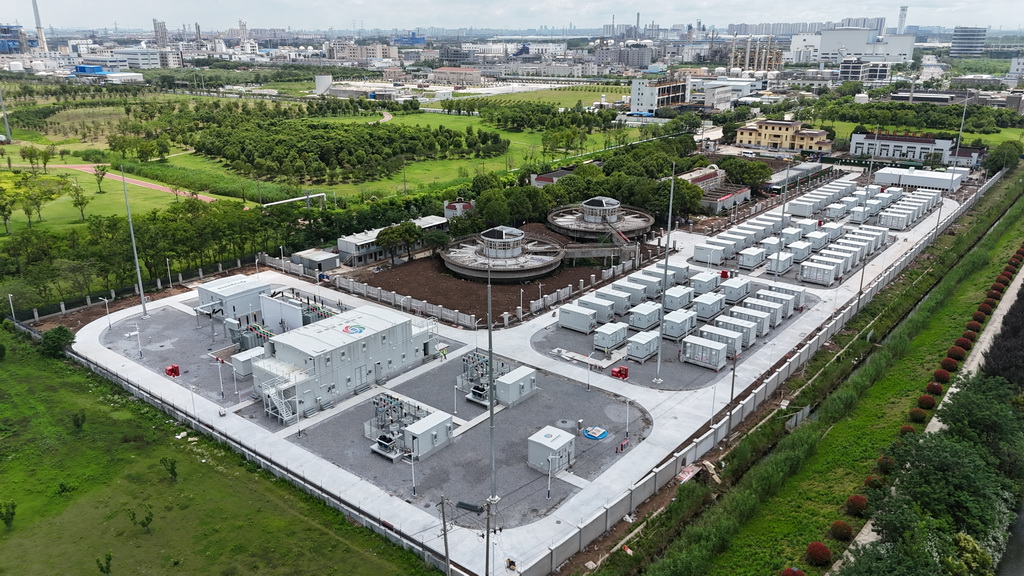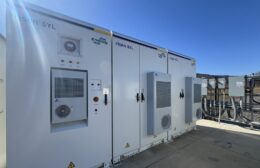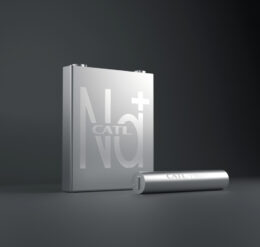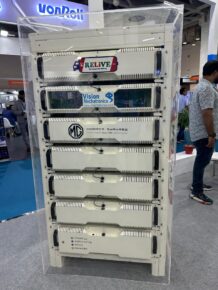Home batteries have same probability of catching fire as other appliances
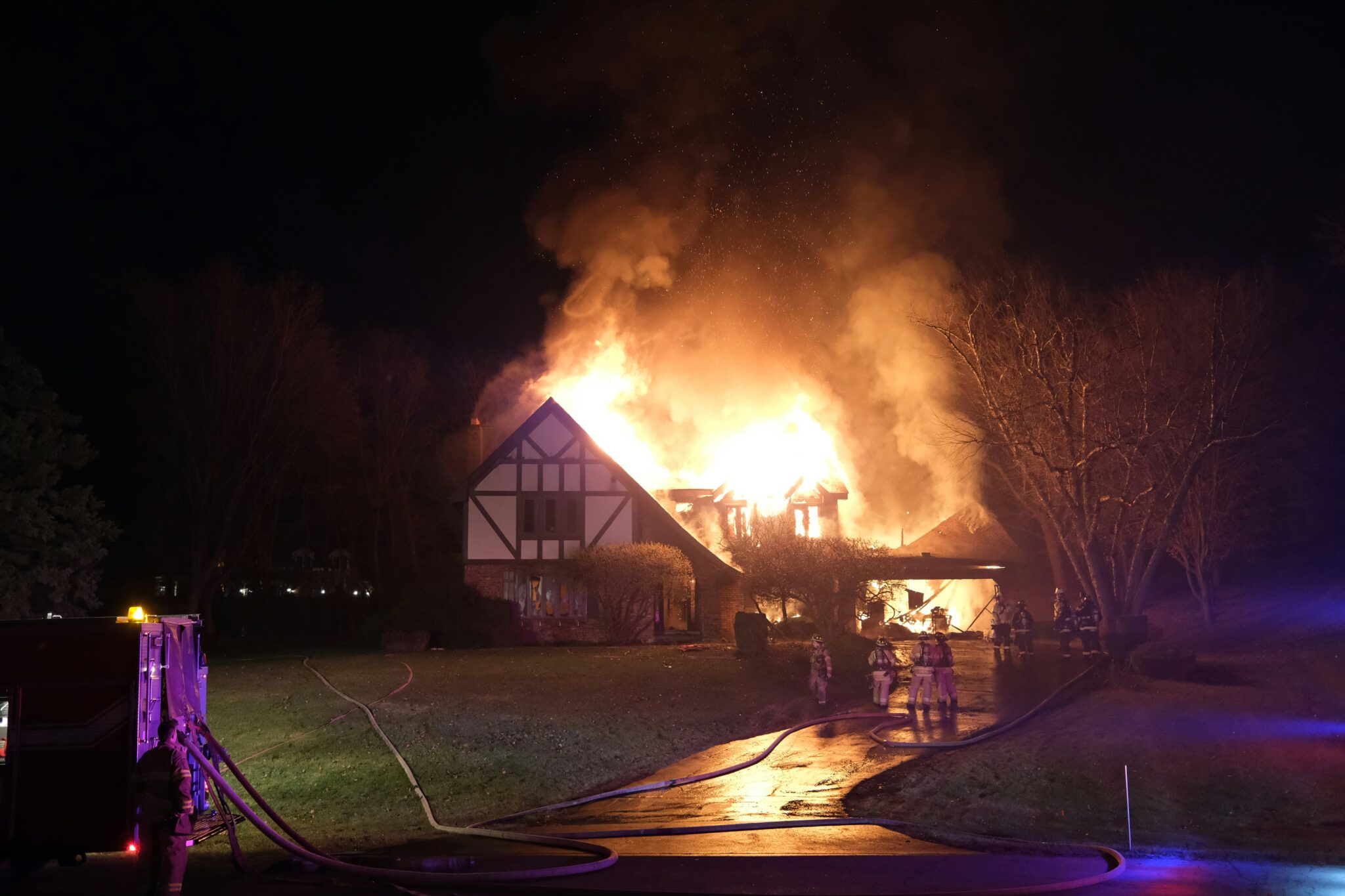
The probability of a fire hitting a home storage system (HSS) is 50 times lower than a general house fire and 18 times lower than internal combustion engines (ICEs), according to new research from Germany.
The researchers analyzed fires occurring in HSSs with other common fire incidents, such as fires in PV systems, EVs, ICE vehicles, general house fires, and fires caused by household appliances. The probability of a residential electrical fire each year was calculated using the total number of residential buildings in Germany.
Scientific data on fire incidents involving HSSs in Germany is currently unavailable, the researchers explained, which pushed them to use web crawlers such as Talkwalker and Neticle/Youscan to collect information from local press and fire department reports available online.
“To ensure the reliability of the identified incidents, each found report undergoes a validation process by cross-referencing with independent sources, such as different news items,” they stated. “Additionally, a meticulous verification is conducted for each case to ascertain that the fire was caused by HSS.”
They warned, however, that data collection was somehow hindered by Germany’s stringent privacy standards and non-uniform data collection practices at the governmental level.
Their analysis revealed that six HSS fire incidents occurred in 2022, compared to 32 incidents in 2023. Most of the cases were registered in the regions of Bavaria and North Rhine Westphalia, where most of the country’s installed PV capacity is located. At the end of 2023, around 820,000 HSSs were installed in Germany.
The scientists calculated the probability of a HSS fire per year at 0.005%, which is approximately the same level as that of a fire in a tumble dryer, which stands at 0.0037%. The probability of fire in a PV system was recorded at 0.0014%. “Only the probability of fires in cooling units (0.0012 %) per year is four times lower than that of a HSS fire,” they added.
Despite these numbers, the authors of the study warned that HSS fires can be more dangerous than those of burning tumble dryers.
“Unlike household appliances, HSSs contain stored electrical energy, which can lead to thermal runaway events, high-temperature fires, and potentially hazardous gas emissions,” they added. “This fundamental difference means that even if the probability of an HSS fire is lower than that of a general house fire, the possible consequences may be more severe.”
Their findings can be found in the study “Quantitative fire likelihood assessment of battery home storage systems in comparison to general house fires in Germany and other battery-related fires,” published in the Journal of Energy Storage.








